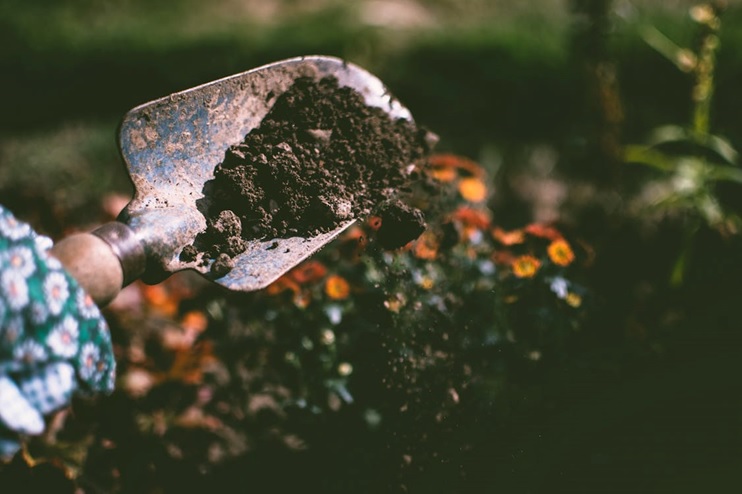It is of great importance that you understand the exact water requirements of your garden plants so that you give water in a manner that allows for healthy plant growth while conserving water resources. These requirements are influenced by the nature of the soil, plant variety, and environmental conditions. You can enhance efficiency and effectiveness by tailoring your irrigation methods to meet these unique needs. Along with a regular monitoring process to manage the watering schedule, selecting the right irrigation system and utilizing water-saving techniques like mulching shall help maintain sustainability in gardening practices for a long period and ensure the best health of the plant.
Understanding your garden’s water needs
It’s crucial to grasp the unique water requirements of your plants to ensure your garden thrives. This consideration can be made based on soil types, weather conditions, or plant species, such as understanding the specifics of pitcher plant care. All matter in determining the amount of water your garden will require. This will go a long way in increasing understanding and enabling one to be more specific in their irrigation practices to achieve efficiency and effectiveness in encouraging healthy growth while conserving water resources. That’s why observing and interpreting its water needs is necessary to create a targeted watering plan for your garden.
Choosing the right irrigation system
If you are considering an irrigation system for your garden, you must consider a few things: the size, the type of plant, and how far it can water your garden effectively. Drip irrigation is a system whereby water is delivered right to the root zone from its source without evaporation and runoff wastage. Larger areas work most efficiently with sprinkler systems that offer wide-area coverage. Choosing the irrigation system required in your garden would help water your plant properly and keep it in the right condition.
Implementing water-saving techniques
This will help save the use of your water effectively in the garden: apply saving approaches, such as mulching the ground to help retain moisture in the soil from runaway evaporation. Early in the morning or late in the evening watering, it is said that the other method is most effective, reducing loss through evaporation from heating parts of the day. It is also good to check on the irrigation system from time to time to avoid leakages or, rather, to ensure efficiency and maintain the same to be sure that you can make sustainable and resourceful use of water in the garden.
Monitoring and adjusting your irrigation schedule
To optimize water use, regularly examine and adjust your garden’s watering strategy. To minimize overwatering, monitor weather trends and water less during wet seasons. Set your irrigation system according to soil moisture sensor data. Your proactive approach to your garden’s water requirements ensures that your irrigation processes encourage healthy plants while conserving water.
Understanding your garden’s water requirements can allow it to grow healthily while conserving water. Tailored irrigation methods, system selection, water-saving initiatives, and garden water monitoring all help guarantee that water does not limit your operations. Paying attention to real-time data and weather patterns for irrigation scheduling will save your garden while contributing to environmental preservation efforts.


